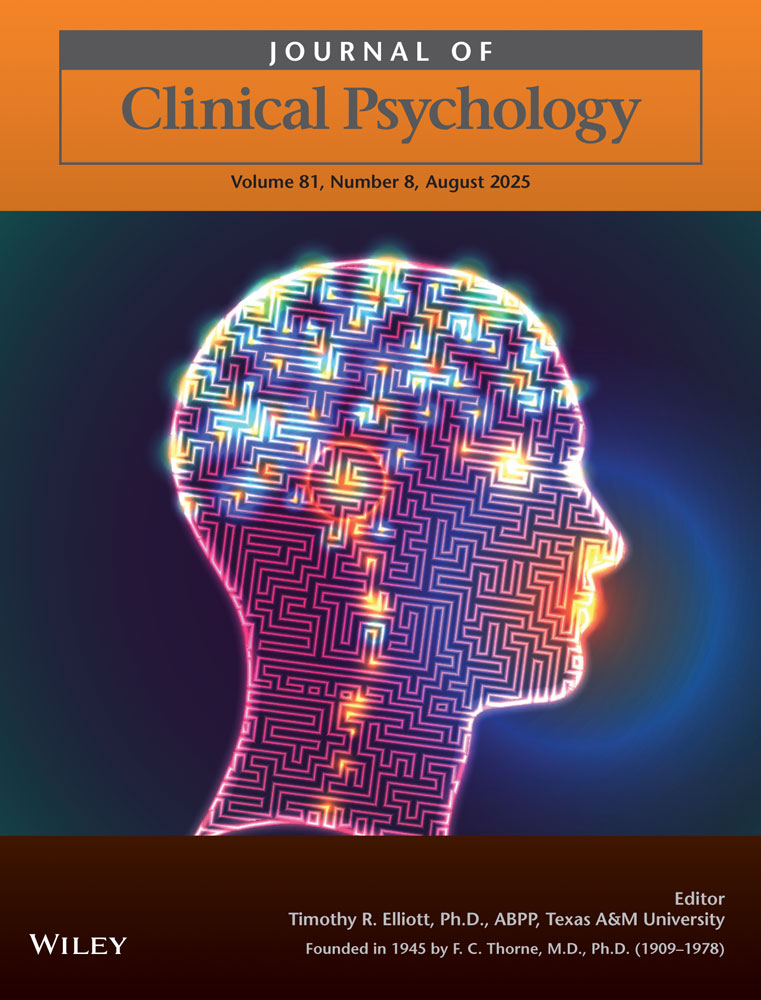Coping style of substance-abuse patients: Effects of anxiety and mood disorders on coping change*
*Originally published in Volume 57, Number 3, 2001, pages 299–306.
Abstract
The authors studied the coping style of substance-abuse patients during clinical cognitive-behavioral group therapy, and the effects of mood and anxiety disorders on changes in coping style. Change in coping style was studied prospectively in a cohort of 132 residential-drug-abuse patients. In addition to pretreatment assessments, which included diagnosis of mood and anxiety disorders and addiction severity, repeated measurements of coping style were performed at predetoxification, pretreatment, and after three and six months of treatment. Considerable change in coping style between predetoxification and pretreatment was found, suggesting that coping assessment in a predetoxification phase is confounded by state factors surrounding treatment entry. Coping style of detoxified substance abusers is related to the presence of mood and anxiety disorders. Coping style was not found to be related to the severity of drug abuse. Furthermore, maladaptive coping styles decreased after three months of inpatient-substance-abuse treatment, and more-adaptive coping styles remained stable for another three months of inpatient treatment. Patients with an anxiety disorder improved less on coping style when compared to non-anxiety patients. Presence of a mood disorder had no impact on coping-style improvement. The results indicate that more attention should be focused on anxiety disorders during substance-abuse treatment in order to improve coping style. Furthermore, more studies are needed on the relation between substance abuse, coping style, and psychopathology. © 2003 Wiley Periodicals, Inc. J Clin Psychol, 2003.




